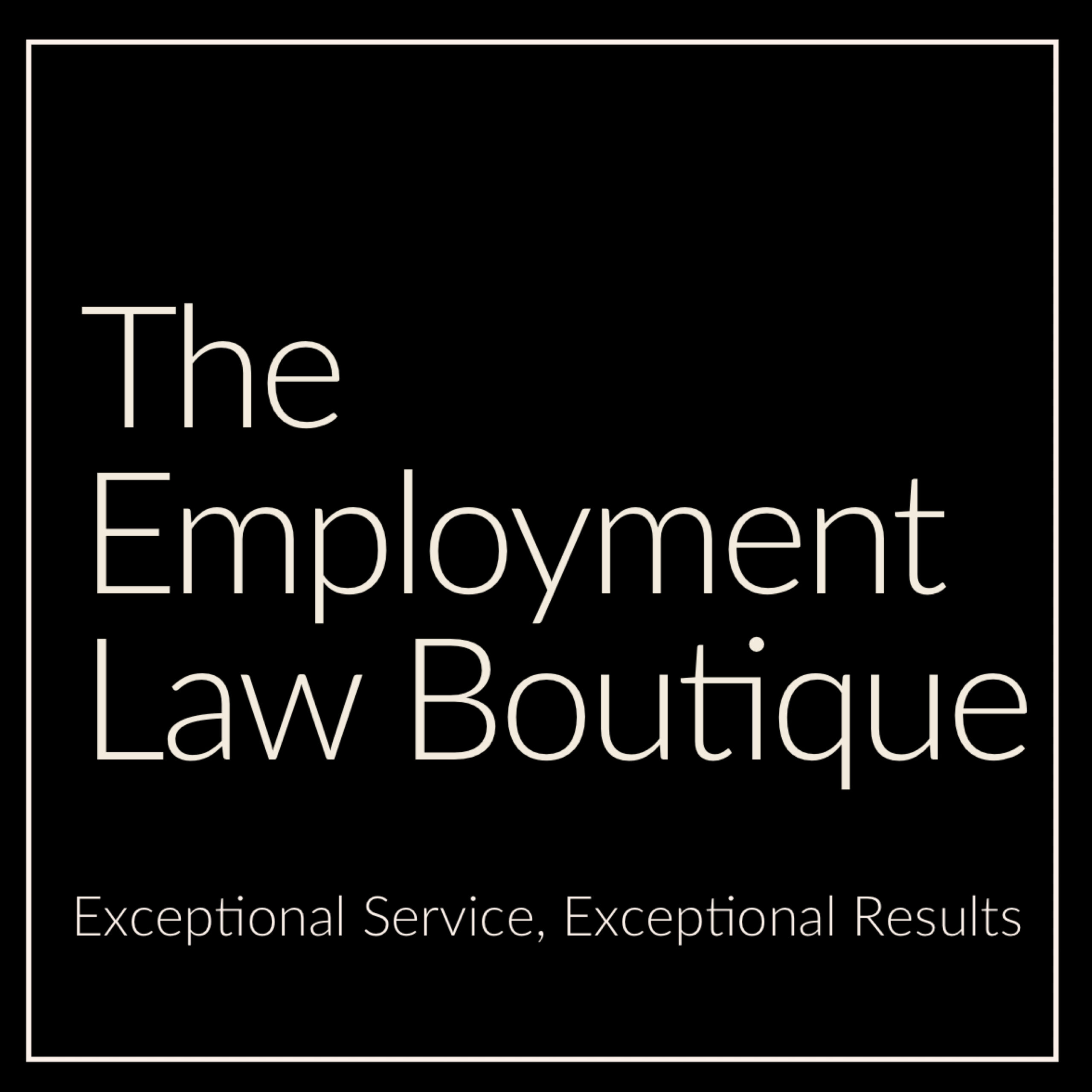In a decision of the Honourable Mr. Justice Cavanagh released January 2, 2024, Boyer v. Callidus Capital Corp., [2024] O.J. No. 41, 2024 ONSC 20, the Court held that an employer had not clearly communicated the restrictive terms of its policies with respect to vacation carry-over, deferred bonus payment and the exercise of stock options, and as such, it could not rely upon them.
In 2015, an employee advised his employer that he would be retiring at the end of 2016. Prior to his effective retirement date, the employee alleged that the work environment had become toxic and that he was constructively dismissed and did not voluntarily retire. At trial, the Court found there was no merit to the constructive dismissal argument and therefore, the employee had voluntarily retired.
However, the employee also claimed damages related to vacation time that the company had not paid to him which were unused at the date of his retirement, deferred bonus from the two prior years, and unvested stock options as of the date of his retirement, which he had understood would all vest and be exercisable.
In response the employer alleged that:
1) The employee had to use his vacation annually and was not entitled to carry over unused vacation time as no written approval had been sought and obtained;
2) The deferred bonus payments were not payable if the employee was not actively employed as of the date of payment; and,
3) The employee was not entitled to any further vesting of stock options following retirement.
With respect to vacation pay, the Court held “an employee’s entitlement to vacation or to pay in lieu thereof is fundamental to an employment contract [The employee’s] evidence is that he worked exceptionally hard for the benefit of [the employer] during his employment, and did not take vacation time to which he was entitled because of his dedicated service to [the employer]. [The employer] received the benefit of [the Employee’s] hard work.”
It went on to find that if the employer wished to impose a condition to the employee’s contract of employment that he was required to take vacation in each year, and was precluded from carrying over to subsequent years his vacation entitlement or pay in lieu thereof, it was incumbent on the employer to prove not only that there was such a policy, but that the employee was aware of it. Vacation pay of $93,076.92 was awarded, representing 22 weeks at $220,000 per year.
With respect to the deferred bonus, the employee had not been provided with a copy of the Deferred Bonus Policy, nor had he been told that he would not be paid his Deferred Bonus for the final year when it was awarded, even though he had already provided notice of his intention to retire. The Court held that, “If this was a condition of [the employee’s] employment, it was incumbent on [the employer] to inform him of such a condition and obtain his agreement.” As there was no such evidence, the Court found that it was not a condition of his employment that the Deferred Bonuses would not be paid, and it awarded him $525,000 on account of two years’ bonuses, which would have been paid prior to retirement.
The document provided to the employee in connection with stock options was silent about what happens to them upon an employee’s retirement. The employee had an oral contract of employment. The employee, reasonably, asked his superior to confirm with him how the company would treat stock options on his retirement. The employee’s evidence was that his supervisor confirmed with him that his stock options would vest upon his retirement.
The employer’s stock option policy was silent on what happened with unvested stock options on retirement. It filed a prospectus with the Ontario Securities Commission, however, which stated that except in the event of death, stock options were forfeited after service ended. The employer may have amended the plan, but did not deliver those documents to the employee. The employee on the other hand gave evidence, which was accepted, to the effect that he discussed with his boss the treatment of unvested stock options as it was not addressed in the policy and was told it was the same as in the event of death. The Court held that, accordingly, it became a term of his employment agreement that all unvested options would vest on retirement and be exercisable. As a result, the employee was awarded $1,213,856.98 for the value of lost stock options.
This case stands as a good reminder to all employers of the need for clear communication to employees of all policies if they wish to be able to rely upon them and of the significant financial impact that the failure to do so may have.
Boyer v. Callidus, 2024 ONSC 20 (CanLII)
